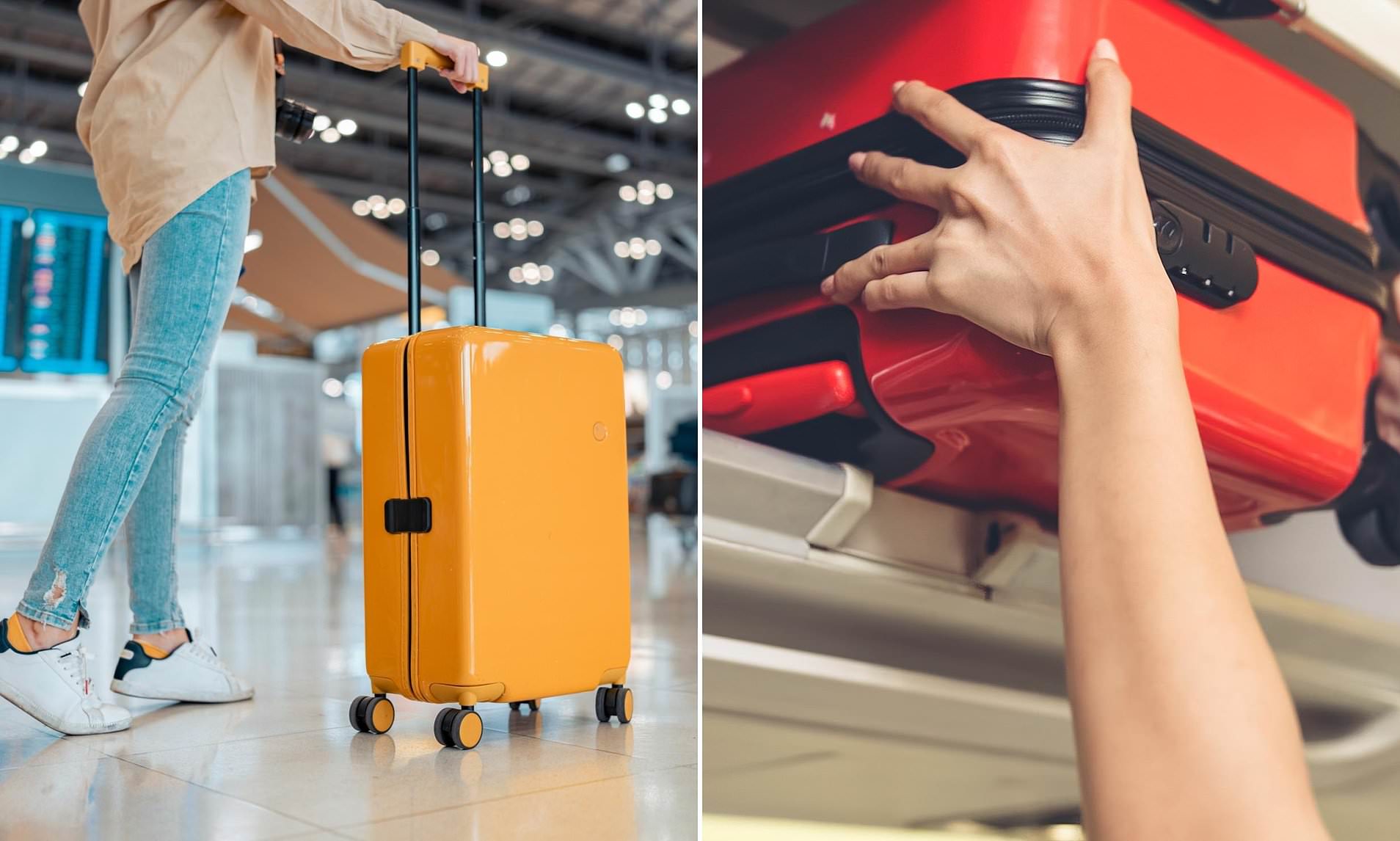Essential Items to Keep in Your Cabin Bag
When it comes to traveling, the importance of having the right items with you cannot be overstated. If your checked luggage goes missing, it can turn a dream vacation into a stressful ordeal. To avoid this, experts recommend keeping certain essential items in your cabin bag. These items are not only crucial for your comfort but also for your safety and well-being during your trip.
Prescription Medication
One of the most critical items to keep with you is prescription medication. While it may be possible to get a doctor to call in your prescription, this process can become complicated if it’s a weekend or holiday, or if your medication doesn’t allow for refills before the previous prescription runs out. Ensuring that you have your medications with you can prevent potential health issues and unnecessary stress.
Expensive Electrical Items
Expensive electronic devices such as smartphones, laptops, tablets, and gaming consoles should also remain in your carry-on bag. These items are more vulnerable to theft, especially if your checked luggage is mishandled. Even though most airport staff are honest, there is always a risk that your bag could be opened, leaving these valuable items exposed.
Jewelry and Valuables
Precious jewelry, including rings and necklaces, should never be left in your checked luggage. These items are often targeted if a bag falls into the wrong hands. Keeping them close to you ensures they are safe and accessible when needed.
Cash and Important Documents
Wads of cash should also be kept on your person whenever possible. This includes any important documents such as your passport, travel insurance, and credit cards. Having these items with you can help you navigate unexpected situations without the hassle of retrieving them from lost luggage.
Additional Essentials for Comfort
Beyond the critical items, there are other essentials that can make your journey more comfortable. Toiletries, a change of clothes, and items like sunscreen and plug adapters should be easily accessible in your carry-on bag. These items can help you feel refreshed and prepared once you arrive at your destination.
Proposed Changes to EU Airline Rules
In recent developments, there has been talk of proposed changes to EU airline rules that could benefit travelers. The EU Parliament transport committee has approved new regulations that would grant all passengers the right to carry a handbag or small suitcase weighing up to 7kg at no extra cost. This means that passengers would be allowed one cabin bag with dimensions measuring up to 100cm, in addition to a smaller personal item that fits under the seat.
If implemented, this rule could significantly impact budget airlines such as Ryanair, easyJet, and Wizz Air, which currently charge extra for larger cabin baggage. The proposal would apply not only to domestic EU flights but also to international flights connecting the EU with non-member countries, including the UK.
However, for the proposal to become law, it still requires approval from at least 55 per cent of EU member states, representing 65 per cent of the total EU population. The process could take time and might face pushback from national governments and airline lobbies.
Industry Concerns and Challenges
Airlines for Europe, representing major carriers, have raised concerns about the new rules. They warn that the changes could disrupt operations and potentially lead to increased ticket prices for passengers. Managing director Ourania Georgoutsakou stated that the European Parliament should “let travellers decide what services they want, what services they pay for and, importantly, what services they don’t.”
The industry body argues that requiring free carry-on luggage could cause boarding delays and overcrowding, emphasizing the need for flexibility in service selection. They point out that while many aircraft carry up to 180 passengers, the overhead compartments can only accommodate about 90 trolley-sized bags.
These concerns highlight the ongoing debate around airline policies and how they affect both passengers and the industry. As the proposal moves forward, it will be interesting to see how it is received and implemented across the EU.







